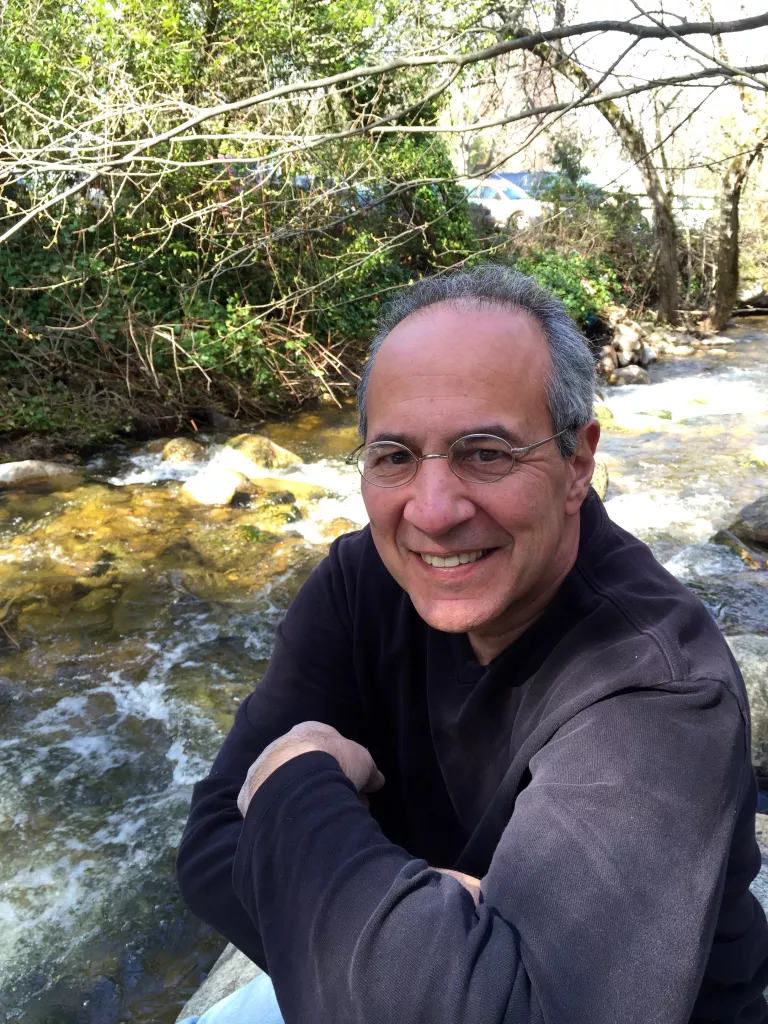NRESi/PICS Joint Colloquium: Primary Forests and Roadless Areas in the "Anthropocene": Why we need our wild places for our survival. Dr. Dominic DellaSala, GEOS Institute

Primary forests and roadless areas are disappearing at an alarming rate. Earth has lost ~35% of its pre-agricultural forest cover over centuries with only ~32% remaining as primary forest (unlogged). About 80% of the Earth’s terrestrial surface (all cover types) remains free or roads but these areas are fragmented into 600,000 patches, more than half of which are 1 square kilometer and only 7% that are >100 square kilometers. The disappearance of intact areas needs to be a central focus of global sustainability efforts and climate change mitigation and adaptation approaches. Without proper attention, remaining intact areas will increasingly become a causality of what many are now calling the “Anthropocene” or “Great Acceleration.” This comes with grave consequences to biodiversity, ecosystem services, and potentially human health. I will present published research on why these areas are key to our own survival and what is being done internationally to call attention to their plight.
The Natural Resources & Environmental Studies Institute (NRESi) at UNBC hosts a weekly lecture series at the Prince George campus. Anyone from the university or wider community with interest in the topic area is welcome to attend. Presentations are also made available to remote participants through Livestream and Blue Jeans. Go to http://www.unbc.ca/nres-institute/colloquium-webcasts to view the presentation remotely.
Past NRESi colloquium presentations and special lectures can be viewed on our video archive, available here.
Contact Information
Al Wiensczyk, RPF
Research Manager,
Natural Resources and Environmental Studies Institute
Phone: 250-614-4354
Phone: 250-960-5018
Email: al.wiensczyk@unbc.ca